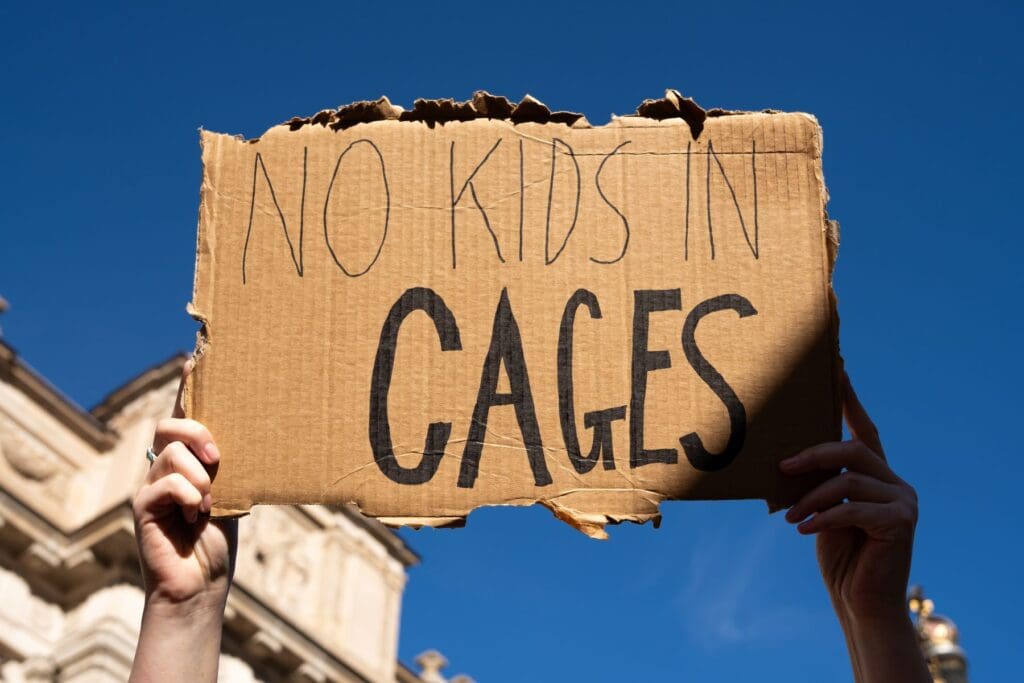Australia now has adoption equality
As of today, Australia has adoption equality.
All adult couples have an equal right to adopt children, after the adoption equality bill which passed a month ago in the Northern Territory finally became law today.
The NT was the only remaining Australian state or territory that prevented same-sex and unmarried couples from adopting children. Previously, couples were required to be married for two years before they could adopt.
Lee Carnie, lawyer at the Human Rights Law Centre, welcomed the removal of discrimination against same-sex couples achieved by the Adoption of Children Legislation Amendment (Equality) Bill 2017.
“We finally have adoption equality across Australia. Every state and territory government has recognised that what matters most is that children grow up in loving and safe homes – regardless of their parents’ gender,” said Lee Carnie.
“Following marriage equality becoming a reality last year, it is great to see Australia achieve adoption equality. We need to bring our laws in line with modern community expectations and remove every last stain of discrimination against LGBTI people across this country,” said Lee Carnie.
LGBTI couples in the NT are already raising children in foster care and permanent care, but only heterosexual married couples were permitted to adopt children before today.
“The passage of adoption equality will make a significant difference to children who are already being raised in loving homes and rainbow families,” said Lee Carnie.
As well as removing discrimination in adoption laws, the Gunner Government has also committed to dealing with the legacy of criminal convictions for homosexual offences.
For interviews or further information please call:
Alycia Gawthorne, Communications Officer, Human Rights Law Centre, 0425 016 380
Media Enquiries
Chandi Bates
Media and Communications Manager

University of Melbourne urged to drop repressive anti-protest and surveillance policies
The University of Melbourne is being urged to abandon policy changes that restrict staff and students’ right to protest and permit the widespread surveillance of people using their wifi network.
Read more
Expanded protections for marginalised groups welcomed in Allan Government’s anti-vilification laws
The Human Rights Law Centre welcomes the additional protections for marginalised groups in anti-vilification laws passed today by the Allan Government. These laws expand protections from vilification to include people from LGBTIQA+ and disability communities, and provide communities with important civil law avenues to address vilification.
Read more
Aboriginal human rights experts take Australia’s racist youth justice policies to the UN
Aboriginal leaders are calling on the United Nations to take urgent action to address Australia’s discriminatory and punitive youth justice policies
Read more


